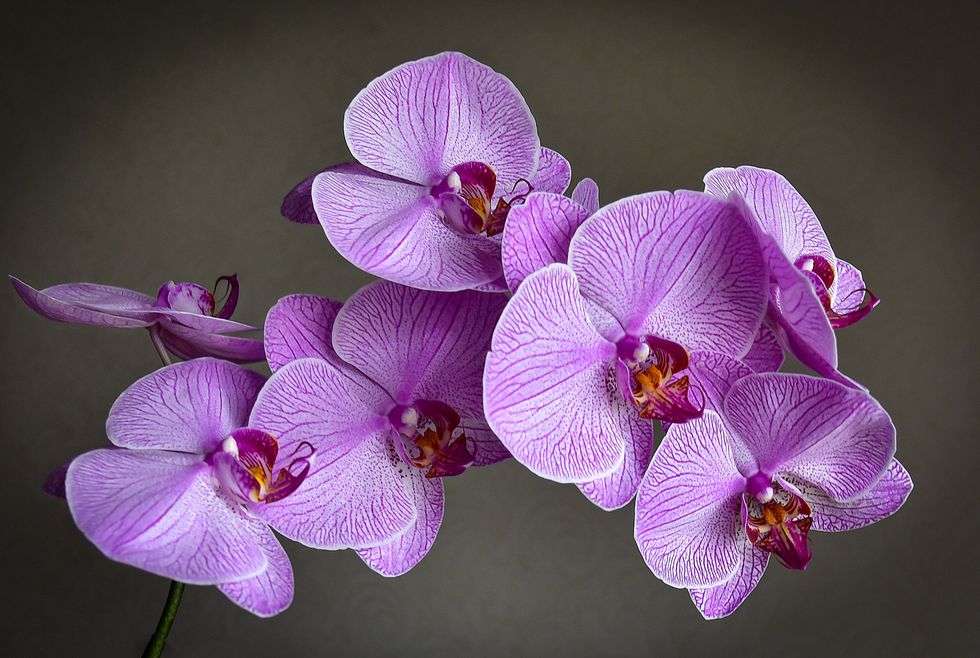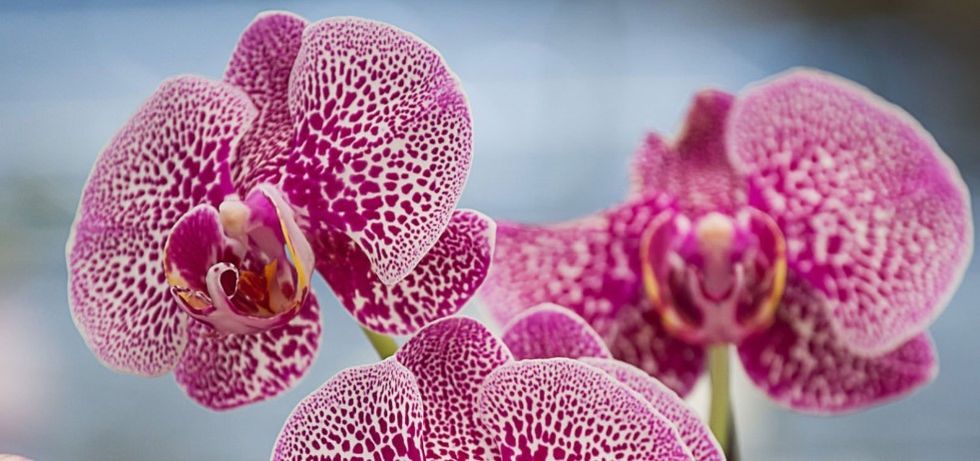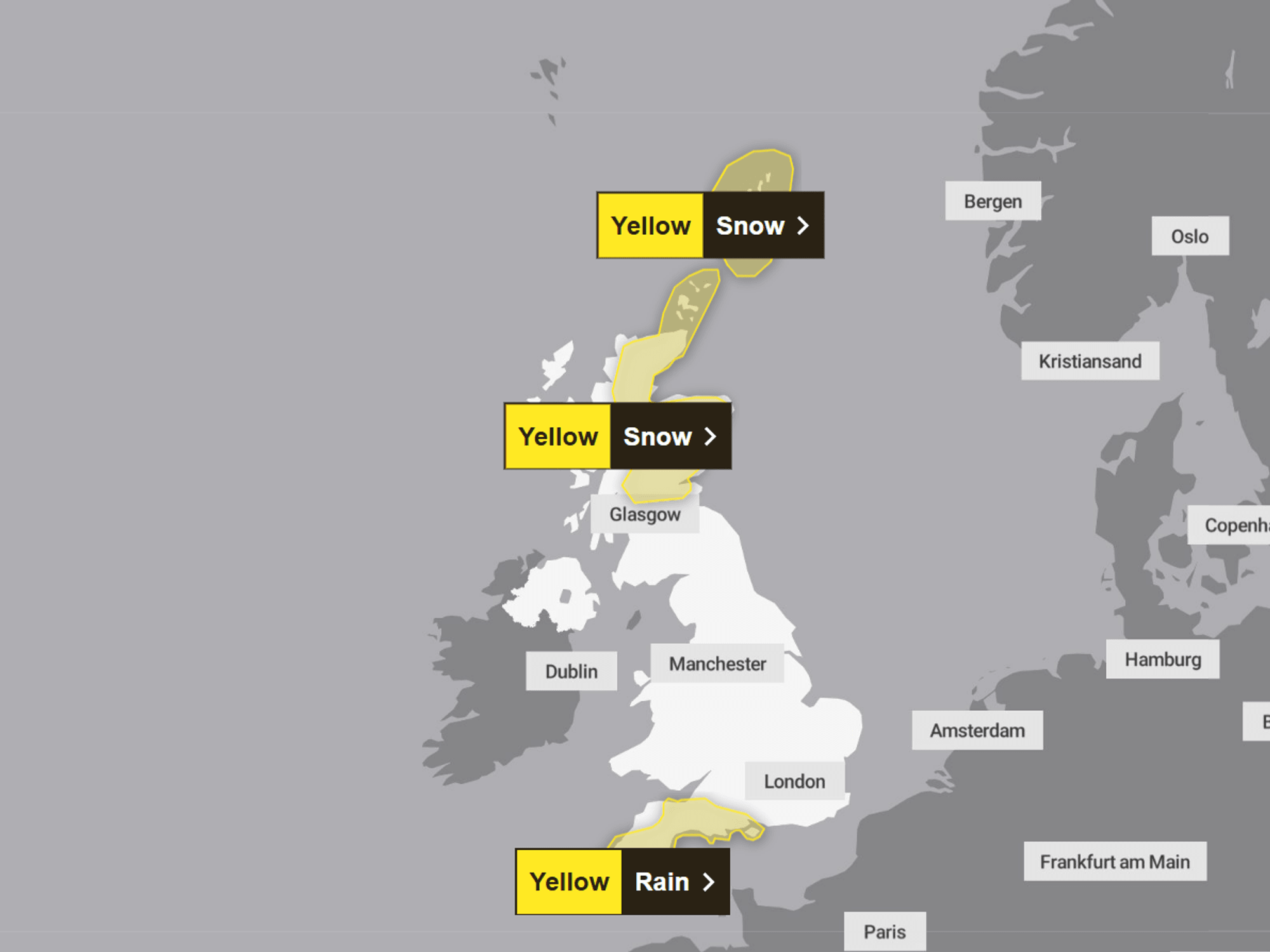'Not tolerated': The worst place to leave orchids in winter as experts warn it is 'death to most' plants

Winter drafts can prove deadly to orchids that tolerate changes in temperature poorly
Don't Miss
Most Read
Winter brings slower plant growth to many species but this doesn’t mean plants should be neglected completely.
As one of the trickier plants to care for, orchids face extra pressure when it comes to thriving through the colder months.
Orchid connoisseur Nicole Denanna recently shared tips to help keep the plants happy throughout winter, warning that temperature control is crucial.
The NY-based gardener explained certain adjustments to make as temperatures become more volatile as radiators are switched on.

Adjusting orchid care in winter is essential for their survival
| GETTYShe advised owners with south-facing windows to ensure the plant is out of direct sunlight but still receiving a generous amount of light.
“Here in New York, the sun is going down around 4:30PM… you have to supplement with additional light if you want to keep your orchids growing, so that’s something that I recommend," she noted.
"You may want to get them a little closer to your window. In short, you want to give a little bit more light because there is going to be less sunlight."
The more pivotal factor is keeping the plants away from areas of the home exposed to harsh temperatures.
“You want to be very careful that your orchids are not in the way of drafts or radiators,” Nicole cautioned.
The Orchid Society echoed many of these pointers on their site, noting that a sharp drop in temperature can kill plants imminently.
“It’s important to note that while ambient chill by a window is tolerated by most orchids, a cold draft is not," shared experts from the organisation.
“Cold moving air is death to most orchids except maybe cymbidium or certain high altitude pleurothallis.”
LATEST DEVELOPMENTS

Orchids should be kept away from drafts during winter
| GETTYThey continued: “If buds start falling off of a Phalaenopsis inflorescence, the first thing to suspect is a drafty window (the second thing is ethylene gas from a nearby heater).”
Watering practices also need tweaking over the next months, as less heat reduces the need for hydration.
“In the winter you don’t want to overwater," explained Nicole. "When you don’t have as much heat you don’t need as much water."
As a rule of thumb, it's best to avoid watering the plants more than once every two to three weeks.










